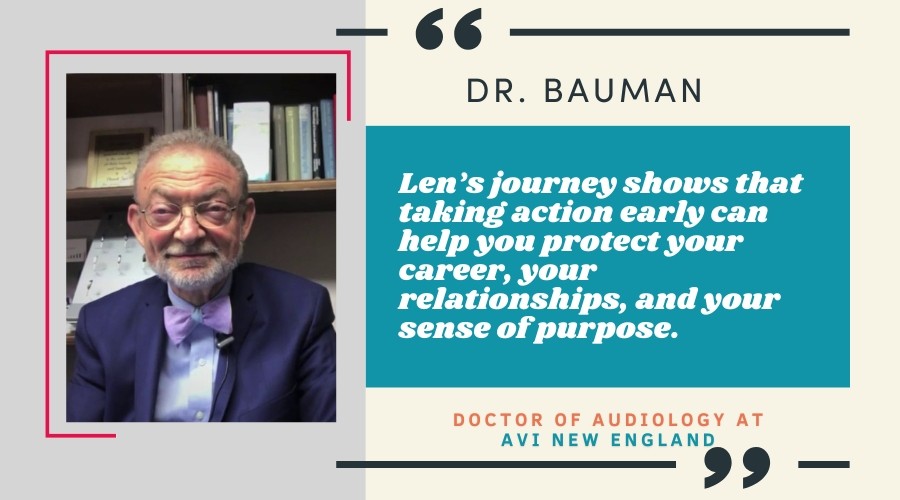
|
Dr. Natan Bauman
|
Sep 1, 2025
As a parent, seeing your child in distress can be heart-wrenching, especially when the cause is something as seemingly ordinary as the sounds of everyday life.
If your child shows signs of significant emotional upheaval in response to common sounds, you’re not alone. Many families are discovering the unfamiliar world of misophonia, a challenging sound sensitivity disorder that’s increasingly becoming recognized among children.
Misophonia is not just simple irritation from noises; it is a profound neurological disorder that can severely impact daily life for your child.
What Is Misophonia?
Imagine feeling a surge of anxiety, rage, or even panic just from the sound of chewing or tapping. That’s the reality for individuals with misophonia, especially children.
Misophonia is a neurological condition where certain sounds trigger intense negative emotional reactions. While it often occurs in childhood or adolescence, it’s frequently misunderstood or even misdiagnosed.
This condition is distinct from sensory processing disorders or general behavioral issues, requiring a nuanced understanding and approach for management.
Signs of Misophonia in Children
Could your child’s reactions to sound be more than just growing pains?
Common symptoms to look out for include:
Intense distress or anger triggered by commonplace sounds such as chewing or breathing, often from close family members or peers
Avoidance of environments with frequent noise, like family dinners or classrooms
Difficulty concentrating amid ambient noise
Physical signs like tension, frustration, or withdrawing emotionally when certain sounds are present
Describing experiences where they feel “attacked” or overwhelmed by specific sounds
Many of these reactions are easily (but mistakenly) attributed to general irritability or defiance, underscoring the need for careful observation and understanding.
You may be wondering: Why is there a rise in children experiencing misophonia? One reason is increased awareness among parents and professionals, often leading to more referrals for assessment.
Environmental changes post-pandemic, such as increased time at home or sensory overload upon returning to social settings, may also play a role in triggering latent sensitivities.
The Neurological and Emotional Component
Misophonia is believed to originate from abnormal interactions between the auditory system and those parts of the brain responsible for controlling emotions, particularly the anterior insular cortex.
This isn’t simply a case of children overreacting, as their parents may believe. Their young brains are reacting to everyday sounds as though they’re threats. Imagine going through life terrified of noises that feel normal for everyone else.
Early intervention becomes crucial to prevent misophonia from escalating into issues such as social avoidance or chronic anxiety.
How AVI New England Can Help
Recognizing the emotional turmoil misophonia creates, our team of experts provide comprehensive expertise in treating sound sensitivity disorders.
As the founder of the New England Tinnitus and Hyperacusis Clinic, I’m proud to bring my extensive experience to help your child (and your family) deal with sound sensitivities.
Cognitive Habituation Tinnitus Therapy (CHaTT) serves as a cornerstone in retraining emotional responses to sound, offering a structured, child-sensitive assessment process.
Your family will receive tailored support, ensuring misophonia is effectively differentiated from other auditory or psychological conditions.
No matter what you and your child need to help alleviate misophonia and sound sensitivity struggles, rest assured that my team and I are here to help for every step of the way.
Supporting Your Child With Misophonia at Home and School
Your role in supporting your child is crucial. Here are some actionable tips:
Validate your child’s feelings about certain sounds without dismissing them as overreactions
Establish quiet zones or signals that help manage situations that trigger sound sensitivity
Use noise-canceling headphones as a supportive tool, encouraging coping rather than avoidance
Collaborate with educators to lessen your child’s anxiety and exposure to triggering sounds
Seek specialized assessment promptly rather than labeling the behavior as mere defiance
Help Your Child’s Hearing Today
Misophonia is a real challenge that is often deeply disruptive to a child's life. If you suspect your child might be experiencing misophonia, don’t hesitate to get in touch with us.
Request a callback or give us a call at (475) 227-0842 to contact our team and chat about your concerns for your child’s hearing health. You can rely on a listening ear and actionable advice from our team.
Early and compassionate intervention is essential; understanding this condition's complexity and the available support can transform the experience for both children and their families.





















